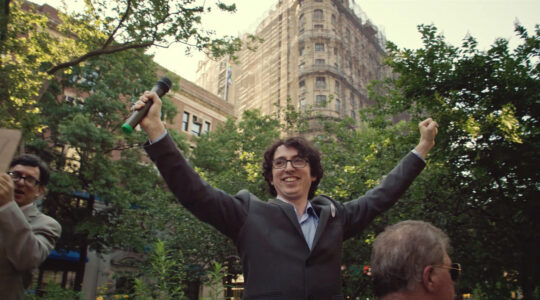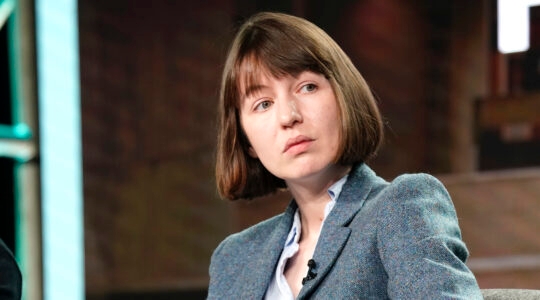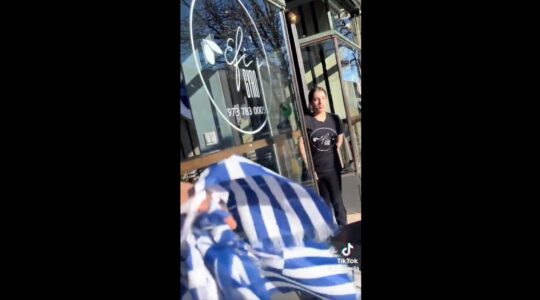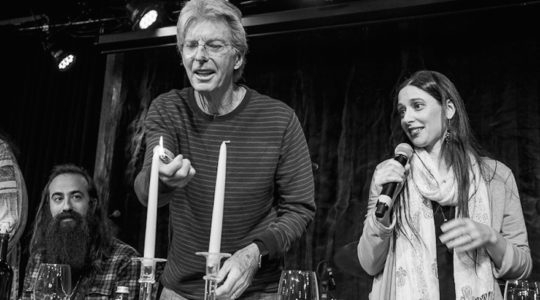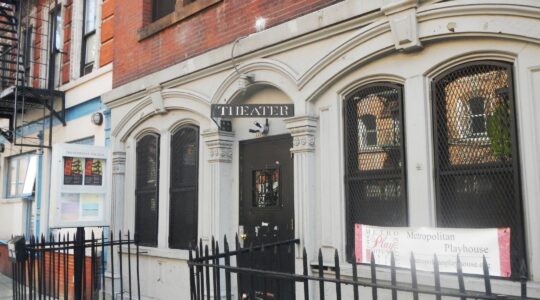Rabbi Yitzchok Fingerer, an Orthodox lecturer and educator, takes to The Jewish Press to speak out against women rabbis, Reform and Conservative Judaism, and anything else that messes with what he sees as the unblemished chain of the Torah tradition.
To prove his point, Fingerer writes:
Were Julius Caesar to visit Rome today, he would be at a total loss. He wouldn’t understand the lingua franca, the dress, or mannerisms. On the other hand were Moshe to visit Meah Shearim, he would, essentially, feel at home.
I’m certainly not going to posken on women rabbis, rabbas, or whatever term you prefer. And I have no idea what Julius Caesar would make of modern-day Rome. But I have no doubt that Moses would find Meah Shearim — a haredi neighborhood in Jerusalem — more than a bit disorienting. At least, that’s what the Talmud would seem to suggest, in the famous story told in Menahot 29b.
According to the Talmud (via Torah Tots), Moses asks God why he adorned the letters of the Torah with crowns:
Hashem responded:
"There will be a man, after many generations, whose name is Akiva ben Yosef and he will expound a multitude of laws upon each stroke of these coronets."
Moshe asked to be permitted to see that man, and Hashem instructed him to turn around.
Moshe sat down behind eight rows [of Rabbi Akiva’s disciples in the Beth Hamidrash – some say it was 10 rows – and listened to their discussions]. Moshe found that he could not follow their arguments. He felt as if his strength had been sapped, but when they came to a certain topic, the students asked Rabbi Akiva (in reference to a law that was being discussed):
"From where do we know this?"
Rabbi Akiva responded,
"Halacha L’Moshe M’Sinai" – this is an oral law handed down to Moshe at Sinai.
At that moment Moshe was comforted.
Comforted, yes. At home, no. And just imagine how more confusing things would have been had Rabbi Akiva and his disciples been speaking Yiddish, and wearing long black coats and shtreimels in the Jerusalem sun?

Help ensure Jewish news remains accessible to all. Your donation to the Jewish Telegraphic Agency powers the trusted journalism that has connected Jewish communities worldwide for more than 100 years. With your help, JTA can continue to deliver vital news and insights. Donate today.
